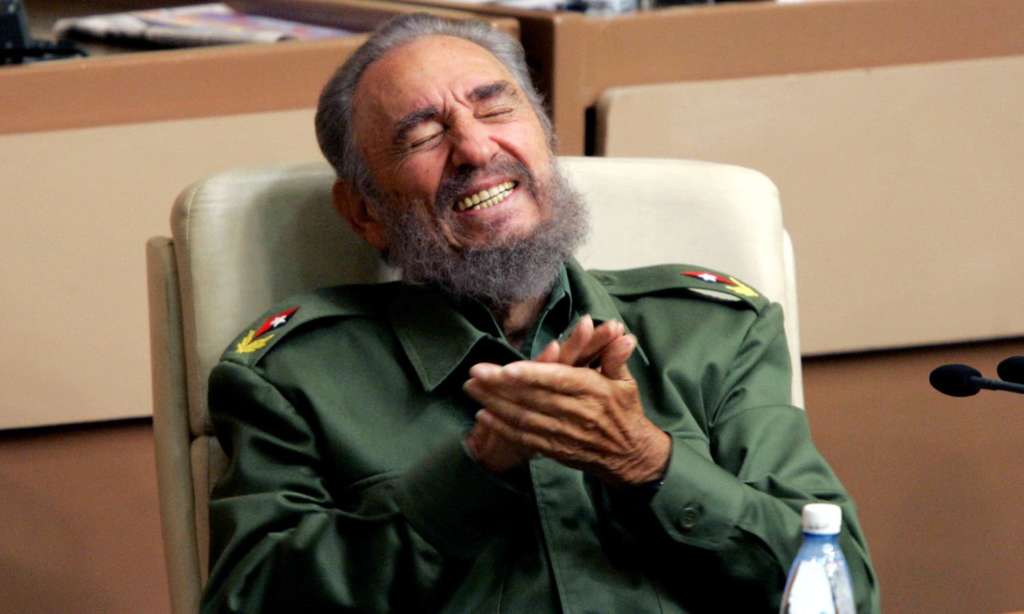Havana- The death of the Cuban President Fidel Castro has triggered diverse reactions in Cuba. Concerns have risen about the future of the country and led to various international reactions including that of the U.S. president-elect Donald Trump who described Castro as a dictator.
At the beginning, Cubans received the news with grief and stores shut off. All signs of life disappeared from Havana.
Since 2006, Cubans have got used to the absence of Castro from the political scene because he decided to absent himself from the country’s leadership but he never stopped to write newspaper commentaries.
Furthermore, leaders and visitors to Cuba always knocked Castro’s door whether as formal or personal visits.
This time, Cubans knew that the absence of Castro’s voice means that the 20th century has lost a voice that used to defend communism and to revolt against the U.S. imperialism.
Many analysts see that with the death of Castro, the country’s adoption of a democratic system will be quicker and that the communist concepts will be buried with Castro.
“The new U.S. policy, headed by Trump, might disrupt the transformation in Cuba,” Jorge Duany, head of the Cuban Research Institute at Florida International University, told Asharq al-Awsat.
Actually, the quick comments of the U.S. elect-president and his secretary on the death of Castro on the social network websites issued several questions regarding the future of U.S.-Cuban relations.
Cuba is undergoing a critical condition in the current time especially that Venezuela, the rich ally, might no longer be able to provide financial support in return for Cubans doctors. Also, the Soviet Union might not show the same determination to protect Cuba from the U.S. imperialism.
These two reasons support the fact that Cuba now has no backing but the U.S.
